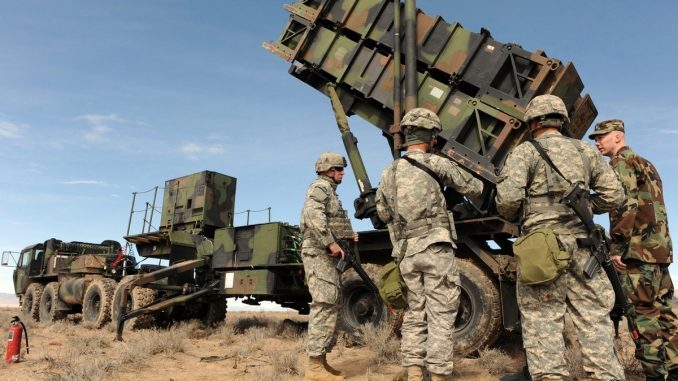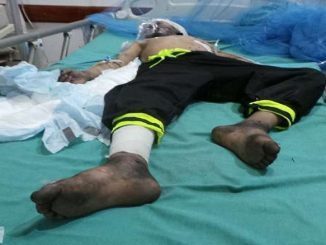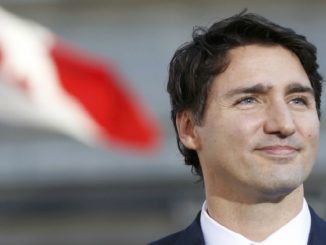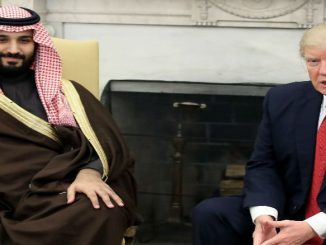
The US is removing four Patriot missile batteries and dozens of troops deployed to Saudi Arabia amid heightened tensions with Iran, according to a report published Thursday, Anadolu Agency reported.
The military assets were sent to Saudi Arabia after an attack on oil facilities crippled the Kingdom’s output. Riyadh and Washington have uniformly blamed Iran for the attacks, which it denies having any hand in along with a spate of unclaimed attacks in the region on oil tankers in the Persian Gulf that occurred over several months before the September attacks on Aramco facilities.
In addition to pulling the Patriot systems and troops, the US has already relocated two fighter jet squadrons and is considering winding down its naval presence in the Persian Gulf, according to the Wall Street Journal.
The Patriot withdrawal is currently underway and is based on the belief among “some officials” that Iran “no longer poses an immediate threat to American strategic interests,” it said.
The officials also said Pentagon planners believe the assets should be redeployed to face other challenges, including China’s widening role in Asia, while others believe a drawdown could embolden Iran in the region, particularly as the Trump administration continues its policy of “maximum pressure” on Tehran.
The underlying pressure on Iran and the propensity to act out militarily as their only outlet of trying to relieve that pressure still exists with the maximum pressure campaign,” one official told the Journal. “As long as the maximum pressure campaign continues, there’s a feeling that we need a strong deterrent to prevent Iran from acting out in the region”.
Aramco seeks $10 billion in loans
Meanwhile, Saudi Aramco is about to finalize bank loans totaling $10 billion due to the global collapse in oil prices despite being the largest company in the world.
The company’s need for cash grabbed attention in April, and the move has thrown doubt on the financial stability of Saudi Arabia.
It is believed that the money is being borrowed to pay for the acquisition of a 70 per cent stake in Saudi Basic Industries Corp (SABIC).
The deal is said to be worth almost $70 billion. Aramco was granted unconditional EU clearance for its purchase of the Riyadh based firm back in February.
A group of 10 banks has agreed to provide the financing, with HSBC and Japan’s Sumitomo Mitsui Banking Corporation (SMBC) said to be providing the largest commitments of nearly $1.5 billion each. The loans have been agreed but are not yet finalized, said a number of sources.
This news is likely to prompt further speculation over Saudi Arabia’s financial health following the global crash in oil prices due to the fall in demand during the coronavirus crisis and Riyadh’s decision to increase output despite the slump.
Saudi Arabia’s dwindling foreign reserves are said to be an indication of the Kingdom’s poor management.
Prior to King Salman taking the throne on 23 January 2015, foreign reserves totaled $732bn. According to the Saudi Arabian Monetary Authority (SAMA), by December last year they had fallen to $499bn in just four years.
Critics also point to de facto ruler Crown Prince Mohammad Bin Salman’s poor decision-making, including going to war in Yemen, supporting a military coup in Egypt, and ratcheting up tensions with Iran, which prompted an attack on Saudi Arabia’s largest oil installation.
The Kingdom’s international standing fell even further with the murder of Saudi journalist Jamal Khashoggi in the Saudi Consulate in Istanbul in October 2018.



